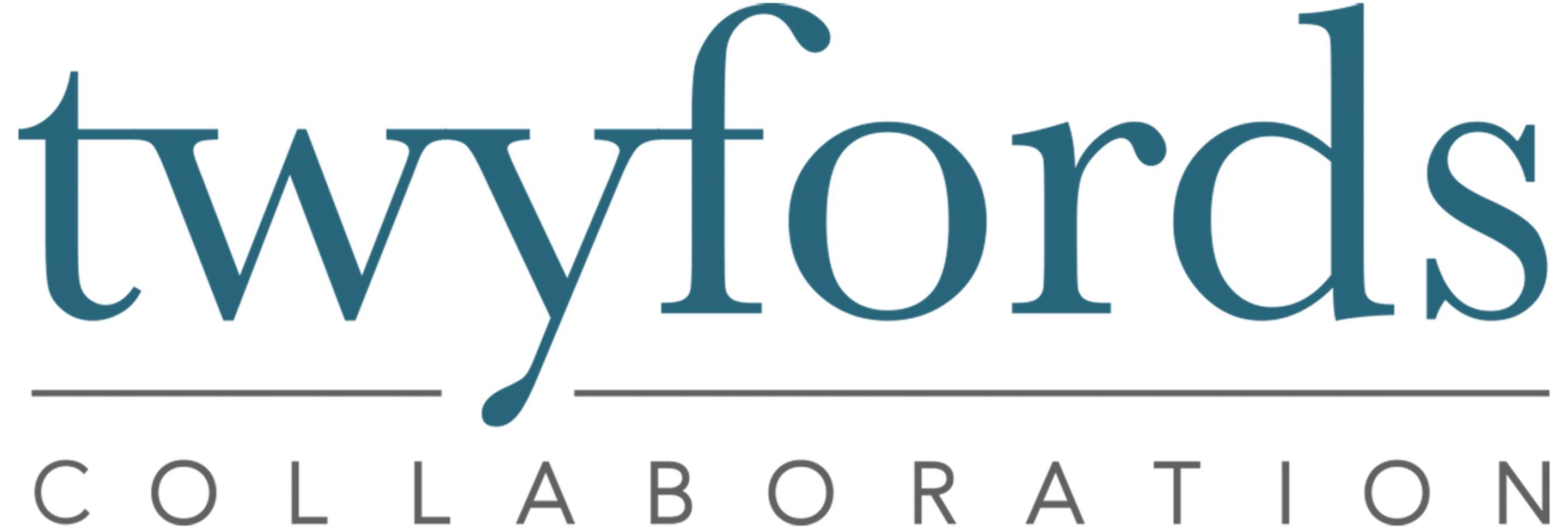As a coach my role is to help people think differently so they can behave differently……. so I started to think about what makes it difficult for people to think differently.
One of the possible causes is how we are taught in school. In school there is usually a correct answer and we are rewarded for knowing it. We are seldom rewarded for questioning … anything, particularly authority. Is it any wonder that in work we find this hard.
I’m not sure why I always found it difficult not to question, however I did. So maybe I’ve always been challenged by the idea that there is a right way to do things.
In my working life I also challenged the ‘right’ way to do things.
When I was Head of School at Unitec School of Performing Arts we wanted to create a degree that was different, that would give us a significant point of difference. I suggested a number of quite radical ideas including offering a degree where all the streams of acting, dance, choreography, directing, writing were taught together. This was certainly a novel idea and took some time for my team to accept.
I also suggested that we could challenge the usual way of assessing students.
At first this was rejected but eventually my team chose to do it on their actual performing skills… not what they could write about acting and dancing.
What that experience highlighted for me was that even people who are normally creative in their work seemed unwilling to question or experiment with different ways of doing things.
I feel it is natural to question why things are done in one way and not another. So it also seems natural to me to question others on their thinking. But it doesn’t make it easy for them to necessarily think differently.
To think differently starts with a desire for a different end result. What we are currently doing isn’t getting us the results we are looking for. And a willingness to accept that we could be wrong….maybe not wrong, rather just not succeeding in the way we want to succeed.
So I get clients to experiment…..try a new thought. Like trying on new ideas they need to see how it feels and imagine how they might behave with that new thought. It doesn’t change behaviour immediately because, depending on how long we have been thinking in the old way, we quickly revert to old behaviours. However slowly over time we can change our behaviour. And by behaving differently we get new results. The next step is to ask if these new results take us closer to the end result we are looking for or further away. If it takes us closer then we can do more of the change. And so it goes…..one thought at a time.
Click here to read our latest newsletter
or visit https://twyfords.com.au/
by Bridget Marsh- Twyfords NZ Associate
